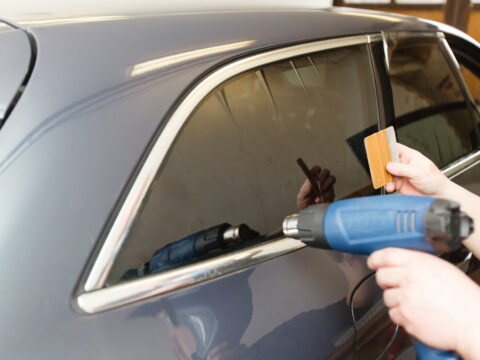Buying a car from a private seller can be tempting due to potentially lower prices and unique finds. However, it’s essential to be aware of the hidden dangers that come with these transactions. In this article, we’ll explore 15 key risks that buyers should consider before making a purchase from a private seller.
Contents
Lack of Warranty
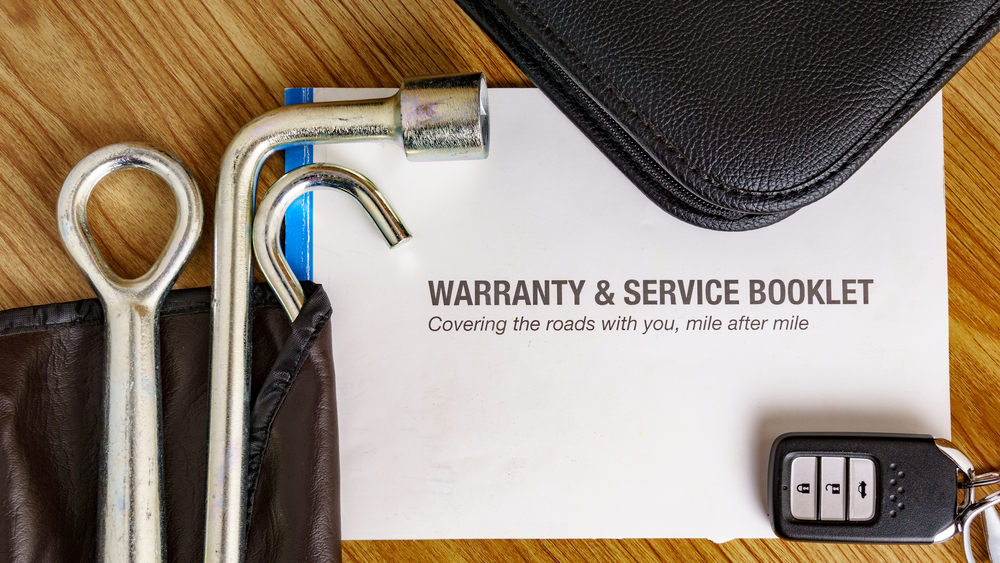
Unlike dealerships, private sellers typically offer no warranty or guarantee on the vehicle. This means that if any issues arise after the purchase, the buyer is solely responsible for all repair costs. Dealerships often provide at least a limited warranty, giving buyers some peace of mind.
No Return Policy

Private sales are usually final, with no option to return the car if issues arise. Once the transaction is complete, the buyer cannot return the vehicle for a refund or exchange. This contrasts sharply with many dealerships that have return policies in place.
Hidden Mechanical Problems

The car might have underlying mechanical issues that are not immediately apparent. Private sellers may not disclose these problems, leading buyers to incur significant repair costs shortly after purchase. A professional inspection can help identify these hidden issues, but it’s an additional expense.
Undisclosed Accident History

The seller may not disclose previous accidents or damage to the vehicle. This history can affect the car’s safety and reliability. Without proper disclosure, buyers might be unaware of potential long-term issues stemming from past accidents.
Odometer Fraud
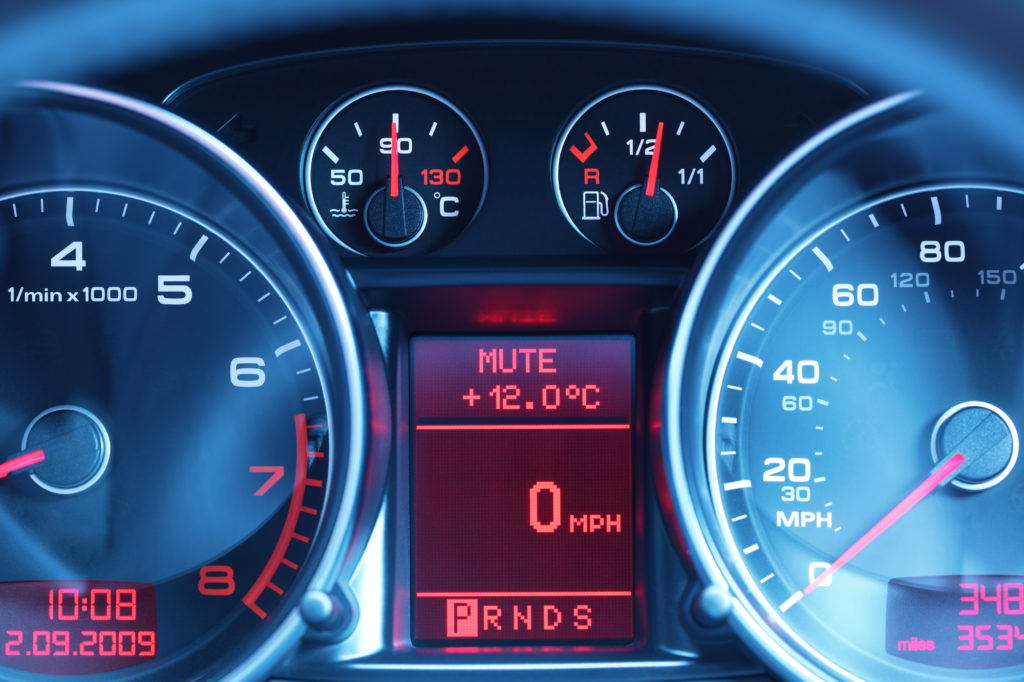
The mileage on the odometer may have been tampered with to show a lower number. This fraudulent practice misleads buyers about the true usage and wear on the vehicle, potentially leading to unexpected maintenance and reduced lifespan of the car.
Title Issues

The vehicle might have a salvaged, rebuilt, or otherwise problematic title. These titles indicate significant previous damage or issues, which can affect the car’s value and insurability. Buyers need to perform thorough title checks to avoid these pitfalls.
No Vehicle History Report
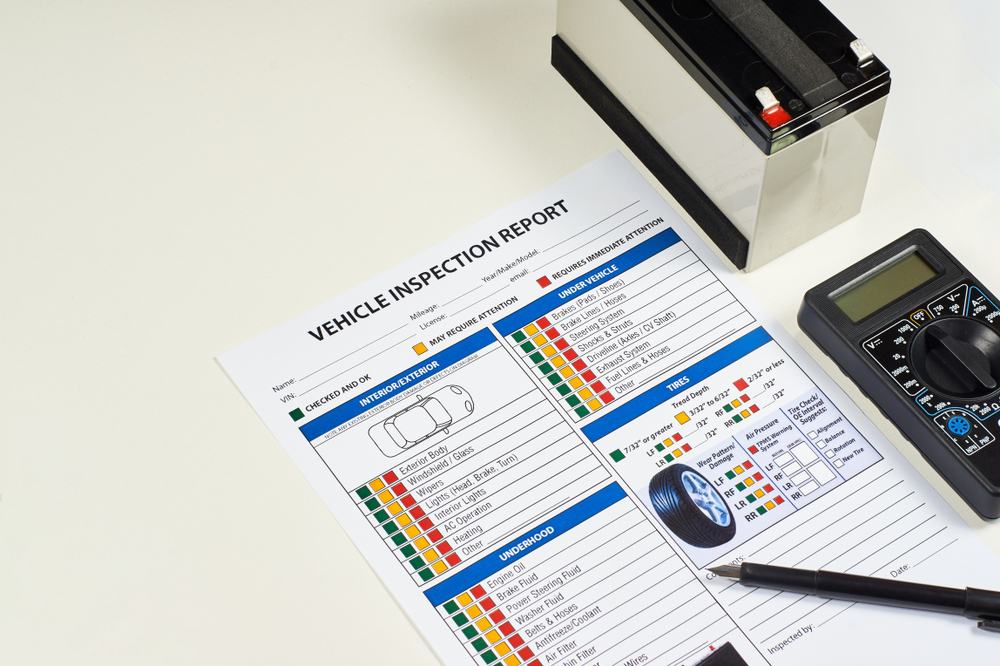
Private sellers may not provide a comprehensive history report, leaving you in the dark about the car’s past. This report is crucial for understanding previous ownership, accidents, and maintenance, helping buyers make informed decisions.
Incomplete Maintenance Records
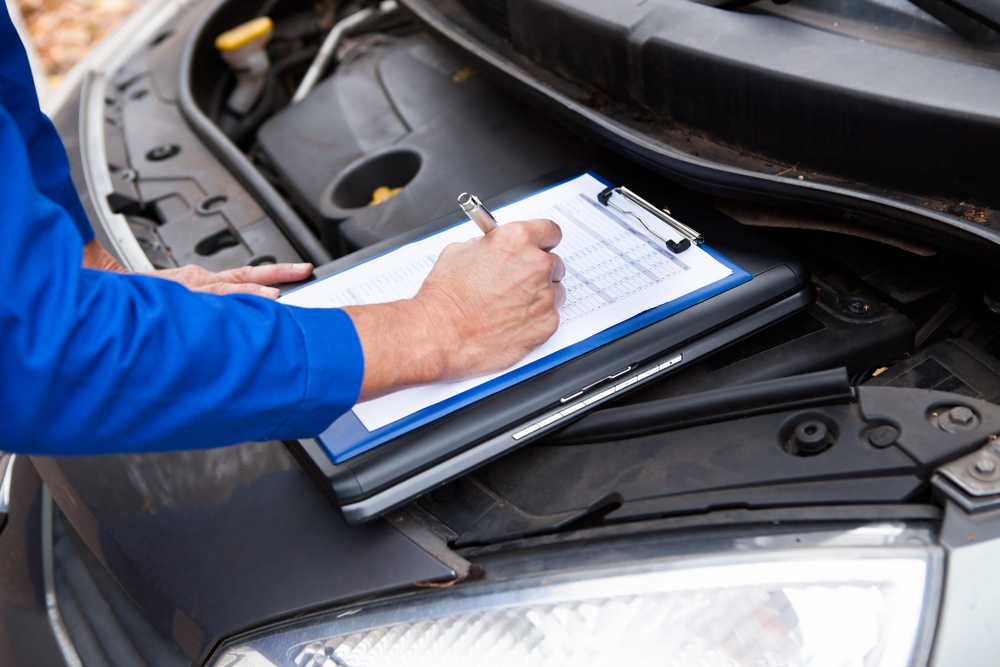
Lack of proper maintenance records can make it hard to assess the car’s condition. Regular maintenance is key to a vehicle’s longevity, and without records, buyers cannot verify if the car has been well cared for.
Flood Damage
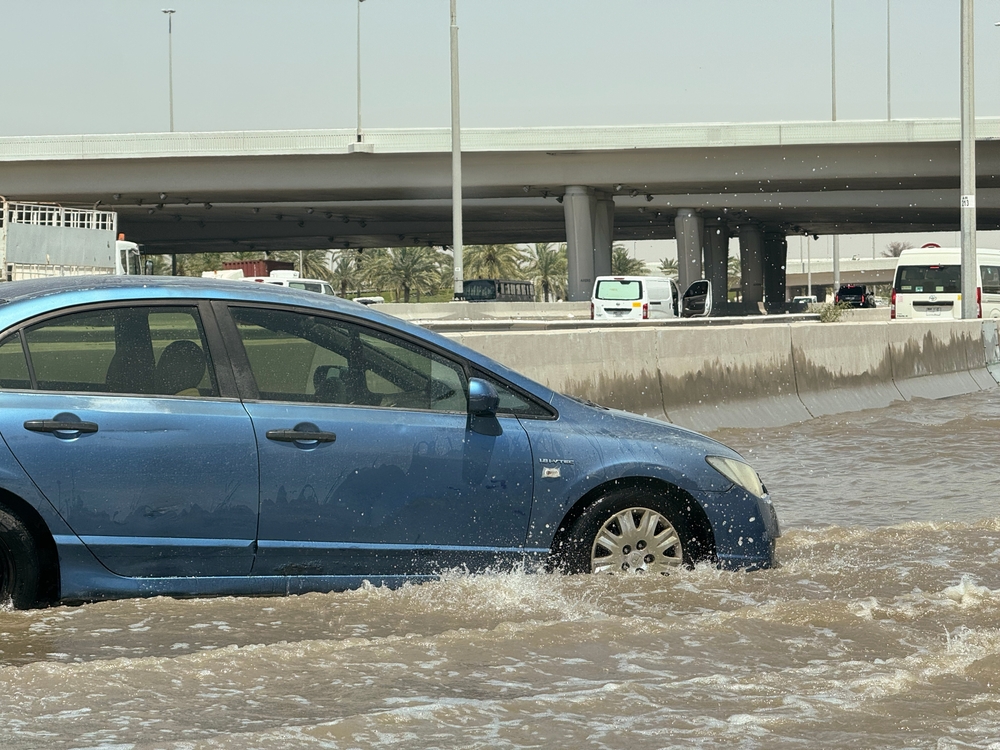
The car might have suffered flood damage, which can cause long-term issues. Water damage can lead to electrical problems and corrosion that are not immediately visible but can severely impact the car’s functionality and safety.
Stolen Vehicle

There is a risk of purchasing a stolen vehicle, leading to legal troubles. If the car is identified as stolen, it can be confiscated, resulting in a total loss for the buyer. Verifying the vehicle’s history and ownership is crucial.
Lemon Laws Don’t Apply

Lemon laws that protect buyers from defective cars typically do not apply to private sales. These laws provide recourse for buyers of defective new cars, but private sales fall outside their protection, leaving buyers more vulnerable.
No Financing Options

Private sellers usually require full payment upfront, with no financing options. This can limit buyers who cannot afford to pay the full amount at once, making dealership financing options more appealing.
Unverified Seller Identity

It can be challenging to verify the seller’s identity and credibility. Without knowing who you’re dealing with, the risk of fraud increases. Meeting in public places and verifying identification can help mitigate this risk.
Fake Vehicle Inspections
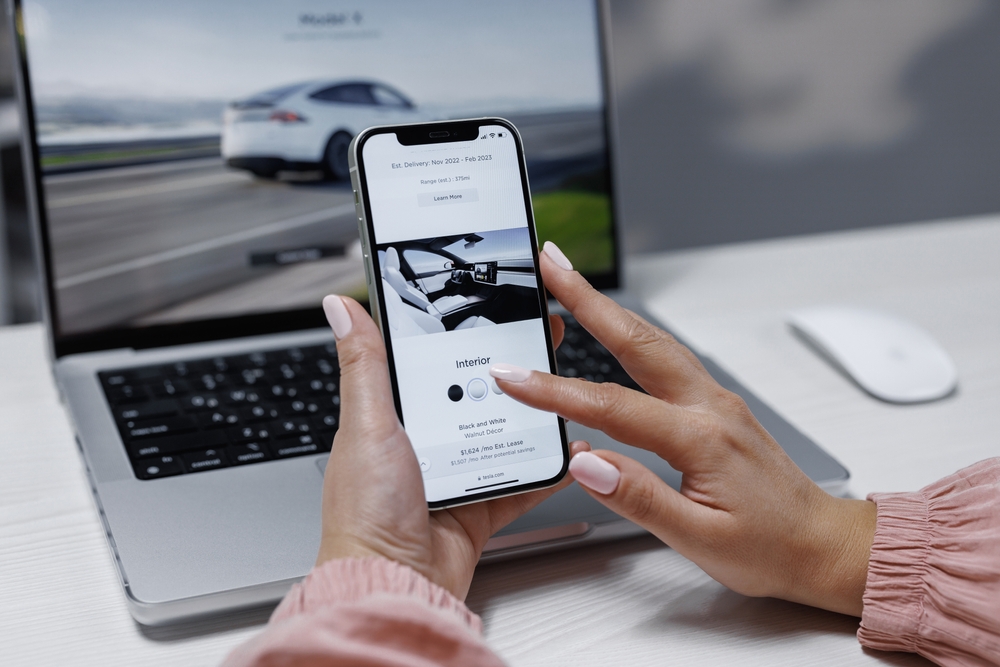
The seller might present fraudulent inspection reports. These reports can falsely indicate the car is in good condition, misleading buyers. Getting an independent inspection is a safer approach.
Inadequate Test Drive

You may not get a thorough test drive to fully assess the car’s condition. Sellers might restrict the test drive duration or route, preventing buyers from identifying potential issues.
This article originally appeared in MyCarMakesNoise.
More from MyCarMakesNoise
15 of Toyota`s Most Collectible Cars

Toyota’s rich automotive history is filled with iconic models that have captivated enthusiasts and collectors alike. From groundbreaking sports cars to versatile off-road vehicles, Toyota has consistently pushed the boundaries of design and performance. Read More.
10 of The Weakest Car Suspension Brands

When it comes to vehicle performance, the quality of the suspension system plays a crucial role in ensuring a smooth and safe ride. However, not all suspension brands live up to the high standards expected by car enthusiasts and everyday drivers alike. Read More.
15 Most Reliable Trucks for Heavy-Duty Work

When it comes to heavy-duty work, having a reliable truck is essential. The demands of towing, hauling, and navigating tough terrains require a vehicle that can withstand intense pressure and maintain peak performance. Read More.

